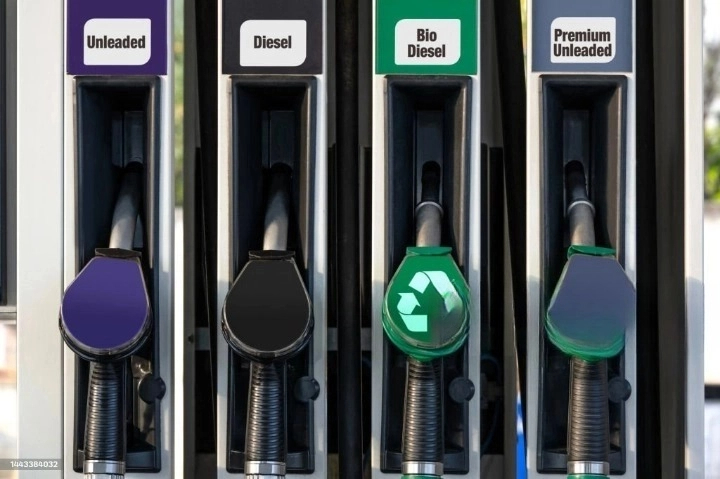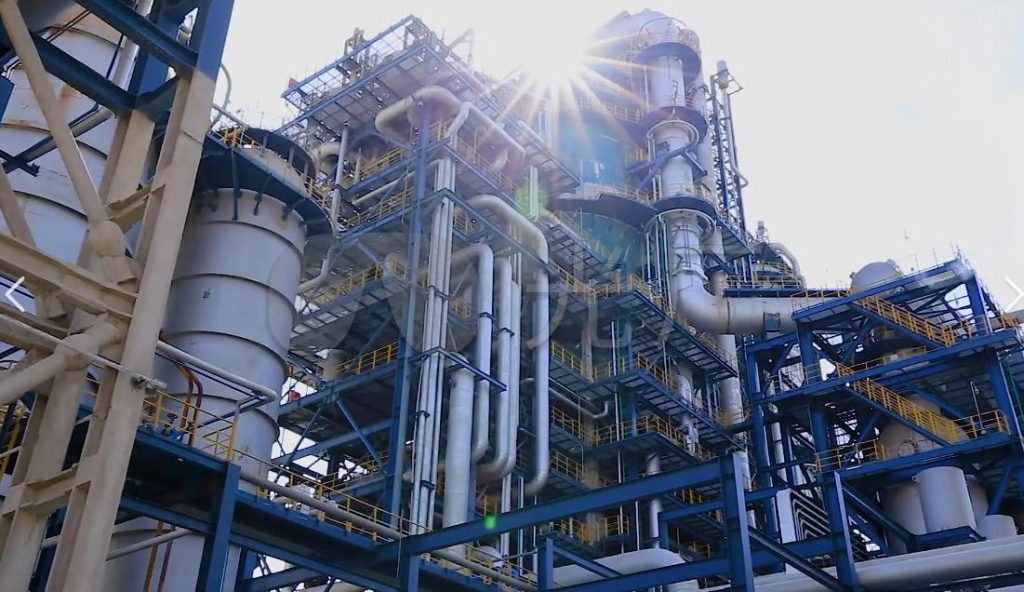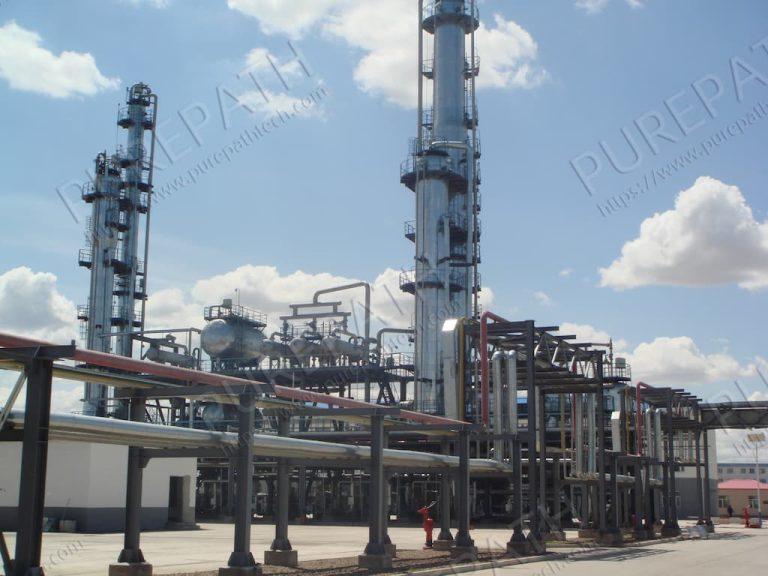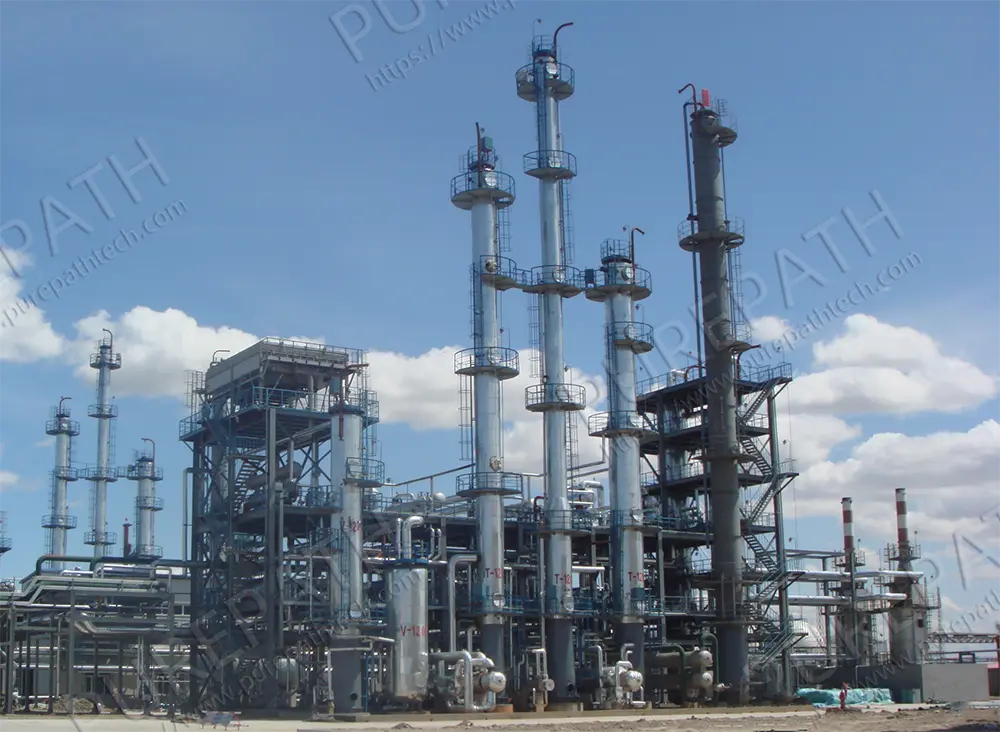Is biodiesel cheaper than diesel?
I don’t know if you’ve ever had this experience: driving to a gas station, watching the price on the sign keep ticking upwards, and muttering to yourself, “If only there were cheaper fuel.” Then, instead of “diesel,” you see the pump labeled B20. My first thought is, “Wait, what new fuel is this? Is it cheaper?”
So the question is: Is biodiesel really cheaper than regular diesel? The simple answer is: sometimes, but not always.
To understand this, I did some research: What exactly is biodiesel? How is it different from the diesel we usually fuel? Can it be a complete replacement? What are the impacts on your car, your wallet, and the environment? Let me explain this in simple terms.
What is Biodiesel?

Biodiesel may sound like a “green fuel,” but it’s not “future technology”—it’s a real fuel already in use in many parts of the world.
- What it is: A renewable fuel made from natural oils and fats. It’s a direct alternative fuel that can be added to many diesel vehicles.
- Where it comes from: Things like vegetable oil, animal fats, or even used cooking oil from restaurants.
- How it’s made: Through a process called transesterification (don’t worry about the chemistry—basically, oils are mixed with alcohol to create a fuel that can go in a diesel engine).
- Pros: Renewable, burns cleaner, reduces reliance on fossil fuels.
- Cons: Production costs vary, it doesn’t perform well in cold weather, and not every engine is compatible with high blends.
What are the raw materials for biodiesel?
Here’s a table to help you more intuitively compare biodiesel made from different raw materials:
| Raw Material | Main Use | Advantages | Disadvantages |
| Animal Fats | Agricultural machinery, industrial oils | Cheap, abundant raw material | Requires purification; quality varies |
| Edible Oils (soybean oil, rapeseed oil) | Cars, trucks | Mature technology, stable combustion | High cost, competes with food supply |
| Waste Cooking Oil | Cars, generators | Easily solidifies in winter, with a strong odor | Requires purification, quality varies |
| Petrochemical Diesel | All transportation | Stable, highly compatible | High pollution, non-renewable |
What are the pros and cons of biodiesel?
| Advantages | Disadvantages |
| Renewable and sustainable fuel | Can be more expensive than diesel if no subsidies |
| Burns cleaner – less smoke, fewer greenhouse gases | Lower energy content, so slightly worse fuel economy |
| Reduces reliance on fossil fuels | Cold weather problems (can thicken or gel) |
| Can be made from waste (like used cooking oil) | May require more engine maintenance (filter changes) |
| Works in many modern diesel engines (especially blends like B20) | Not all engines handle high blends well (older cars may struggle) |
| Safer to handle – less toxic and biodegradable | Limited availability in many regions |
| Supports local agriculture and recycling industries | Can compete with food crops if made from soy, corn, etc. |
Is biodiesel just oil?

The simple answer is: no. There are significant differences between the two:
- Source: Biodiesel comes from natural fats/oils, while diesel comes from crude oil.
- Performance: Biodiesel burns cleaner but has slightly lower energy, which means your fuel economy may decrease slightly.
- Compatibility: Modern diesel engines typically use blends like B20 (20% biodiesel + 80% diesel). Older engines may not support higher ratios.
- Maintenance Cost: Some users notice that they need to change their fuel filters more frequently when using biodiesel.
Biodiesel vs. Regular Diesel: Key Differences
| Category | Biodiesel | Petrodiesel (Regular Diesel) |
| Source | Renewable resources (animal & plant oils) | Non-renewable resources (crude oil) |
| Environmental Impact | Excellent: carbon-neutral, non-toxic, biodegradable, significantly reduces emissions (~80% less CO₂, almost no SO₂) | Poor: relies on fossil fuels, produces large amounts of greenhouse gases and pollutants |
| Cost & Price | Raw material costs fluctuate with crop prices. Usually slightly more expensive than regular diesel, but government tax incentives or subsidies can make it cheaper | Mainly used in transportation (trucks, buses, ships, and agricultural machinery). Cannot be used in gasoline engines. Usually sold as blends (B5, B20) |
| Performance | Highly influenced by international oil prices and geopolitics, prices fluctuate sharply | Higher energy content, strong power; requires lubricants; low-temperature flow improved with additives |
| Compatibility | B5/B20 blends can be used directly in most diesel engines without modification. High blends (B100) may swell some seals or hoses; vehicle compatibility must be checked | Compatible with all diesel engines |
| Applications | Mainly used in transportation (trucks, buses, ships, agricultural machinery). Cannot be used in gasoline engines. Usually sold as blends (B5, B20) | Used in all diesel vehicles and industrial machinery |
How do you spot biodiesel at the pump?
It’s not hard if you know what to look for:
- Labels at the station: Look for “Bxx” (B20, B50, etc.)” For example, B20 means 20% biodiesel and 80% regular diesel.
- Color and smell: Biodiesel often looks a bit more golden/yellow and smells more like cooking oil than harsh diesel fumes.
- Receipts and pump info: Legit stations always label it clearly.
What does biodiesel mean for us?
Your wallet: It’s not always a money-saver unless subsidies kick in.
- Your car: If it’s a newer diesel, you’ll probably be fine with low blends like B20. Older engines might not be happy with higher blends.
- The bigger picture: It reduces reliance on fossil fuels, but waste oil recycling and production still need to be managed carefully.
- The environment: Cleaner burning, less carbon, fewer particulates = better air quality. Biodiesel is cleaner than regular diesel, but it is not 100% pollution-free.
Many governments are promoting the development of renewable fuels, and biodiesel is part of this transition. In the coming years, you might see more blends like B20 or B50 at your local gas station.
But will it completely replace diesel? Probably not anytime soon.
Is biodiesel cheaper than diesel?
Here’s the part everyone cares about: price.
The truth is: it depends.
- In countries with government subsidies (like the U.S. or parts of Europe), biodiesel can actually be cheaper than regular diesel.
- In places without subsidies, biodiesel often costs more, because the raw materials and processing are expensive.
- The final price depends on feedstock cost + production + local policies/taxes.
Bottom line: biodiesel can be cheaper — but only in the right conditions.
Final
So, back to the big question: is biodiesel cheaper than diesel?
- Sometimes yes. If your country supports it with subsidies, it can definitely save you money.
- Sometimes no. Without support, biodiesel usually costs more to produce.
- Either way: It’s cleaner for the environment, and in the long run, that matters too.
If you’re curious: check your local station, see if your car is compatible, and compare prices. That’s the best way to know if biodiesel is a win for you.
If your business also needs the inclusion of a visbreaking unit in your refinery, you can contact us for a customized solution!







